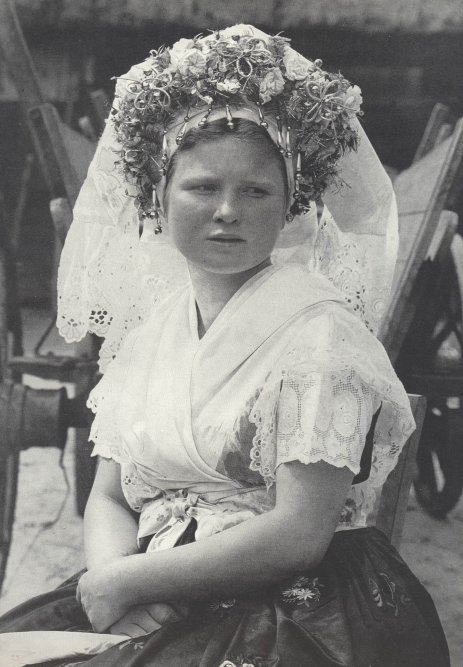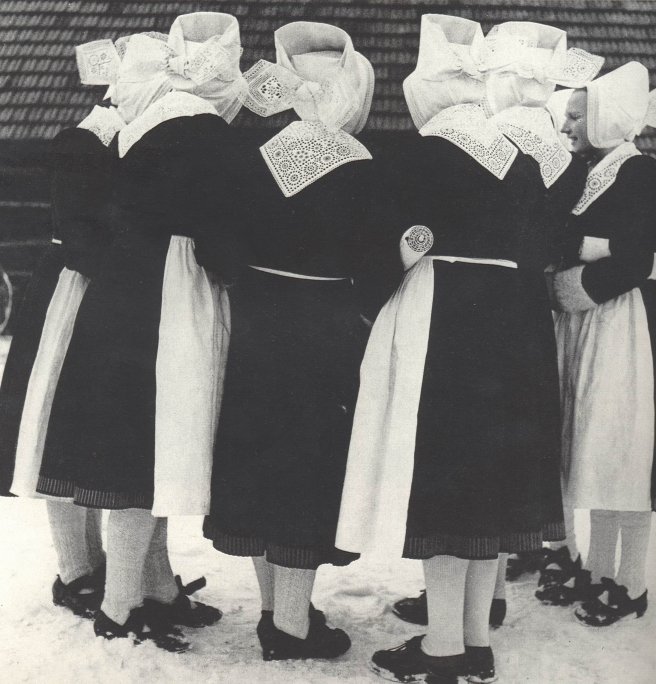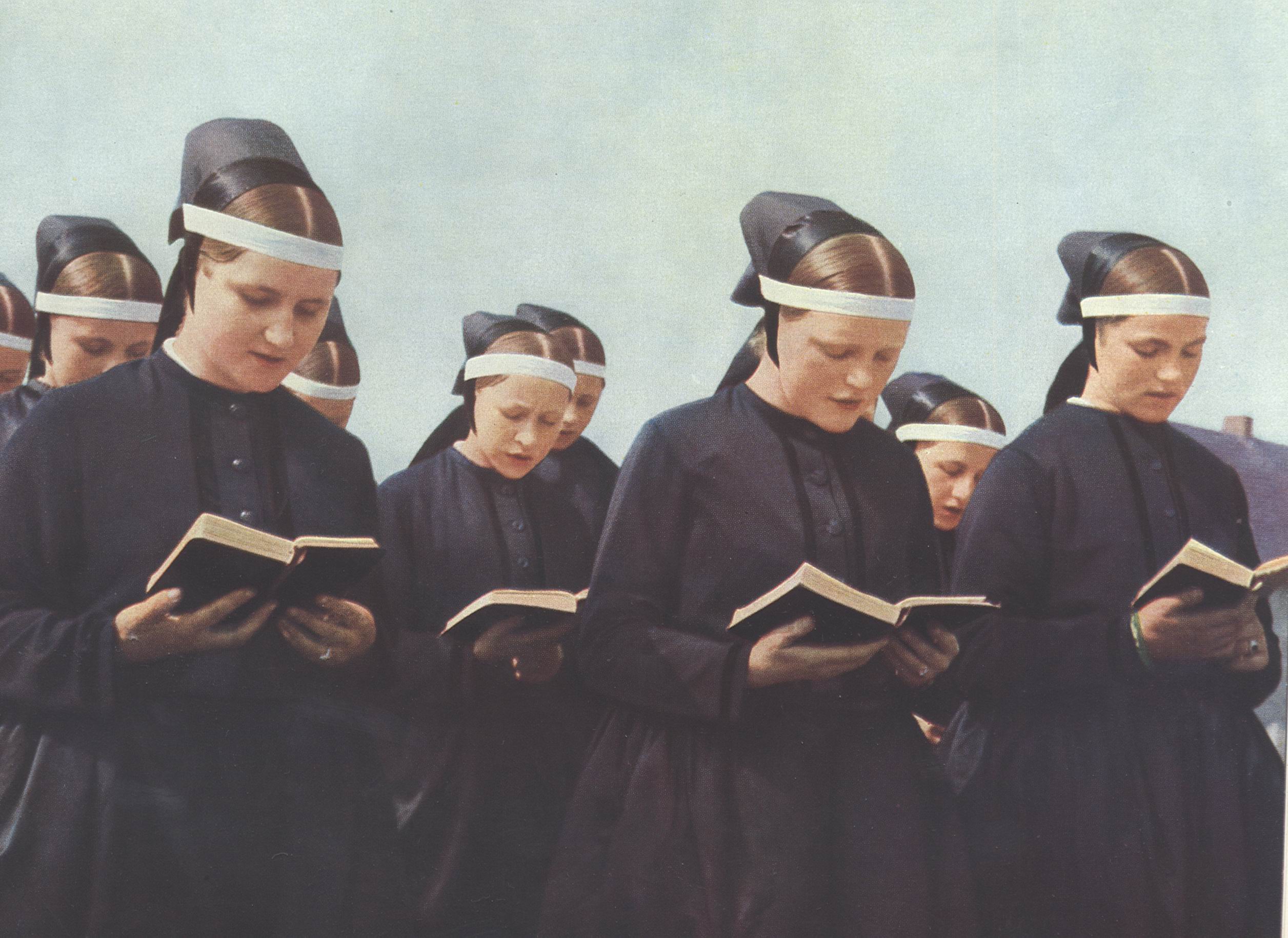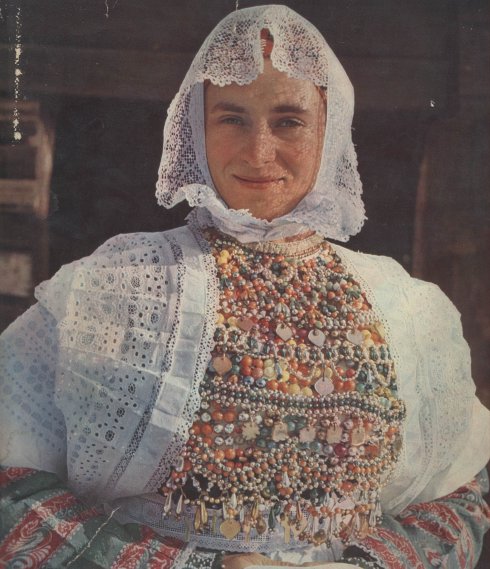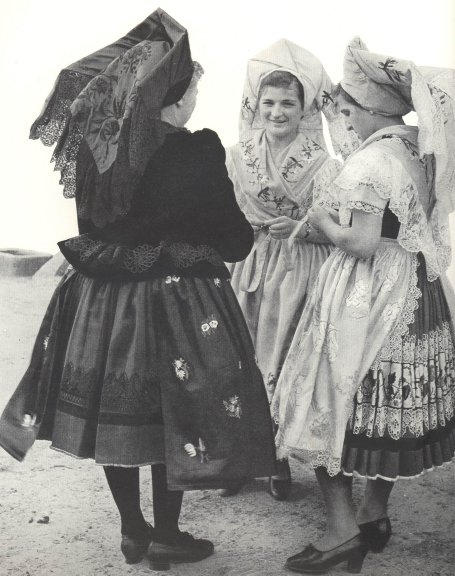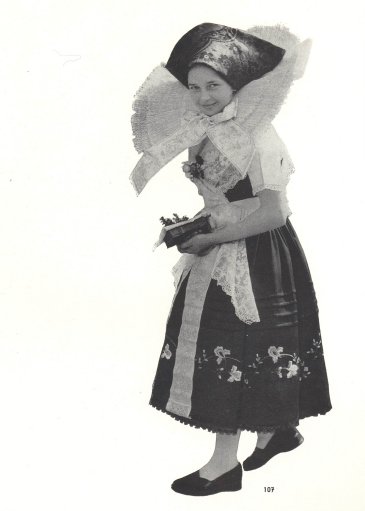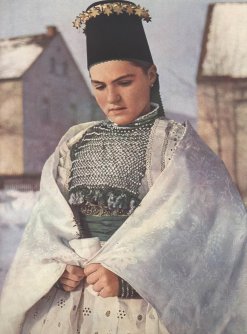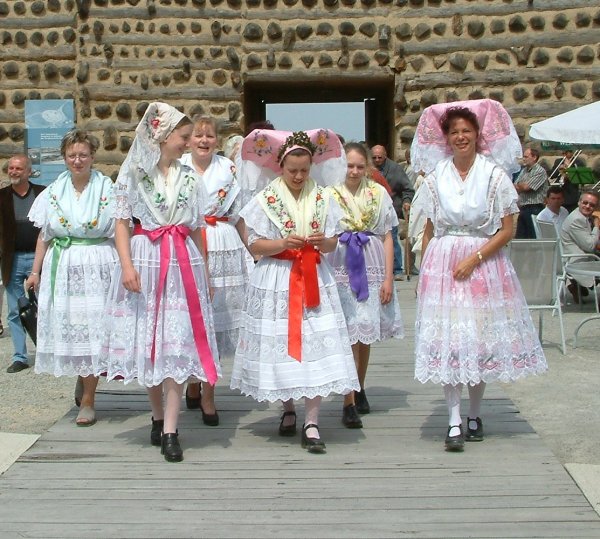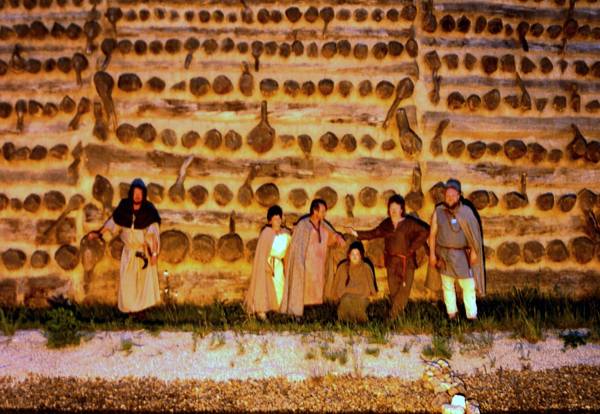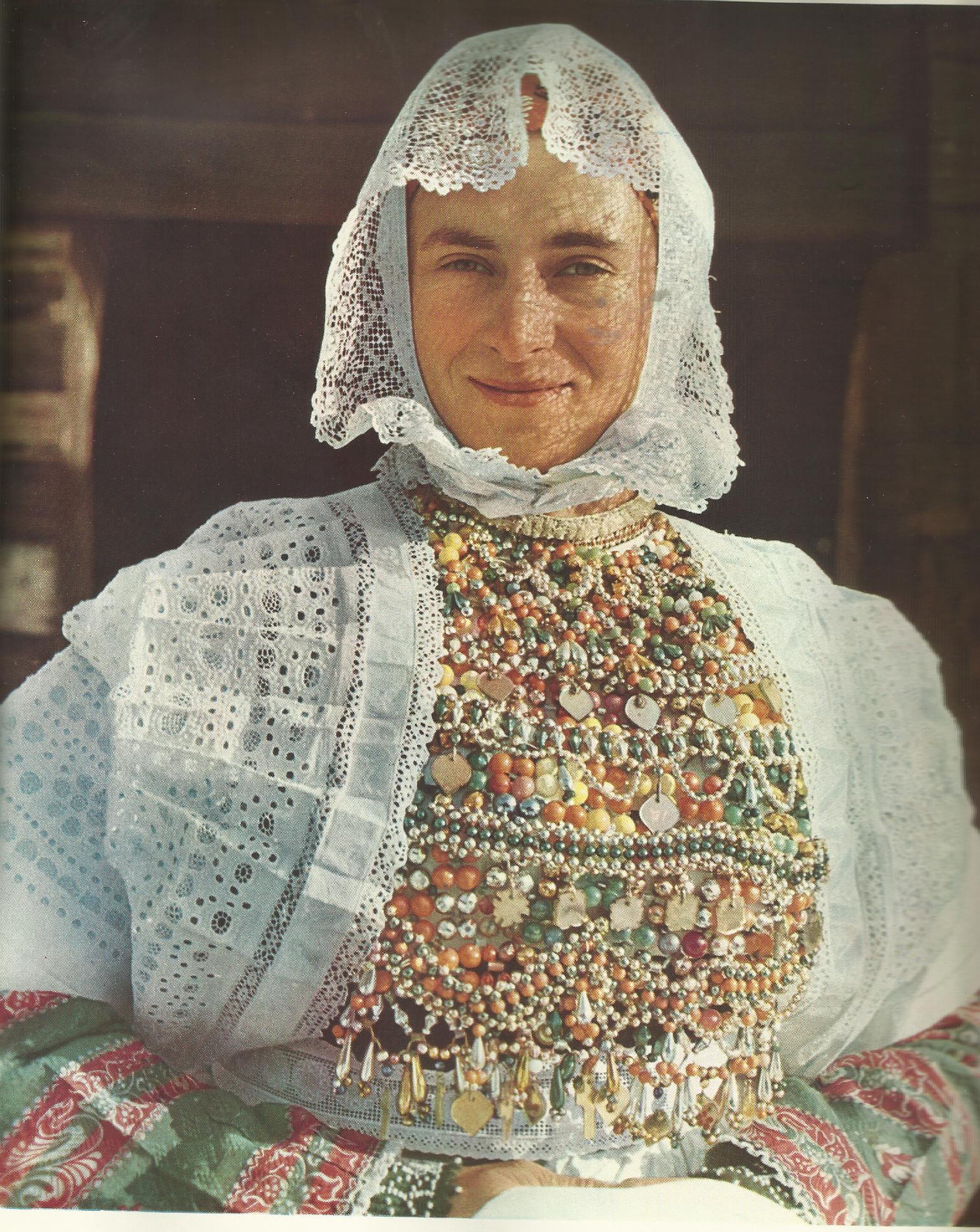 Łużyce [Die Lausitz, Lusatia]
Łużyce [Die Lausitz, Lusatia]
Dzieciątko – obrzęd i strój związany z Zimowym Przesileniem – żywcem przeniesione z Wiary Przyrody (to nasze korzenie)
[Child – ritual and dress associated with the winter solstice – transformed in its pure form from the Faith of Nature (these are our roots)]
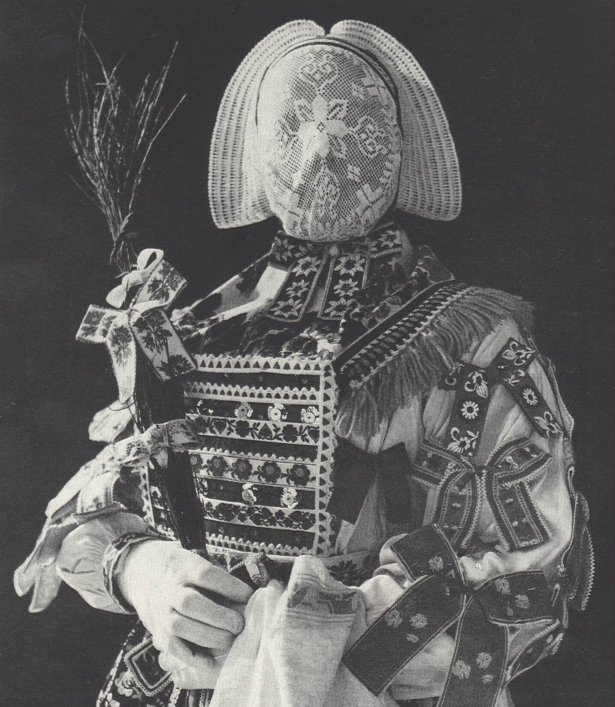 Przód stroju – Dzieciątko obchodzi wieś z rózgą i rozdaje podarunki
Przód stroju – Dzieciątko obchodzi wieś z rózgą i rozdaje podarunki
[Front of the dress – The Child goes around a village with a rod and hands out gifts]
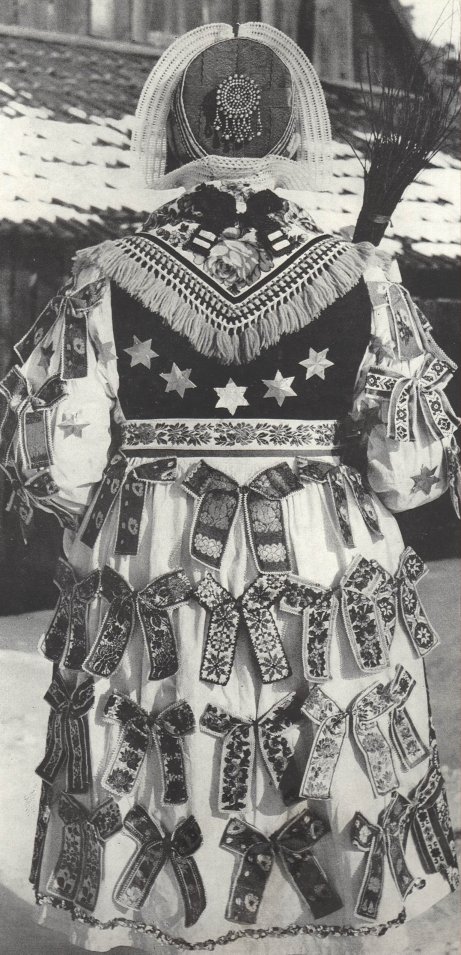 niesamowity archaiczny strój nawiązujący do czasów pogańskich
niesamowity archaiczny strój nawiązujący do czasów pogańskich
[an amazing archaic outfit referring to the pagan times]
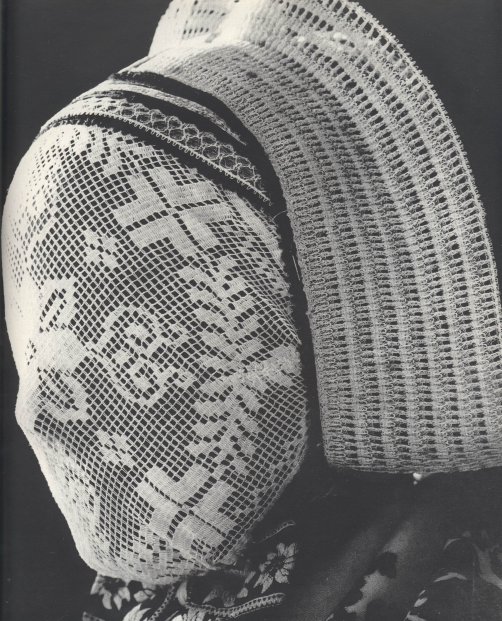 Dzieciątko – twarz odseparowana od zwykłej przestrzeni – w świętym nieskalanym obszarze sacrum
Dzieciątko – twarz odseparowana od zwykłej przestrzeni – w świętym nieskalanym obszarze sacrum
[Child – its face is separated from the ordinary space – in the holy unblemished sacred place]
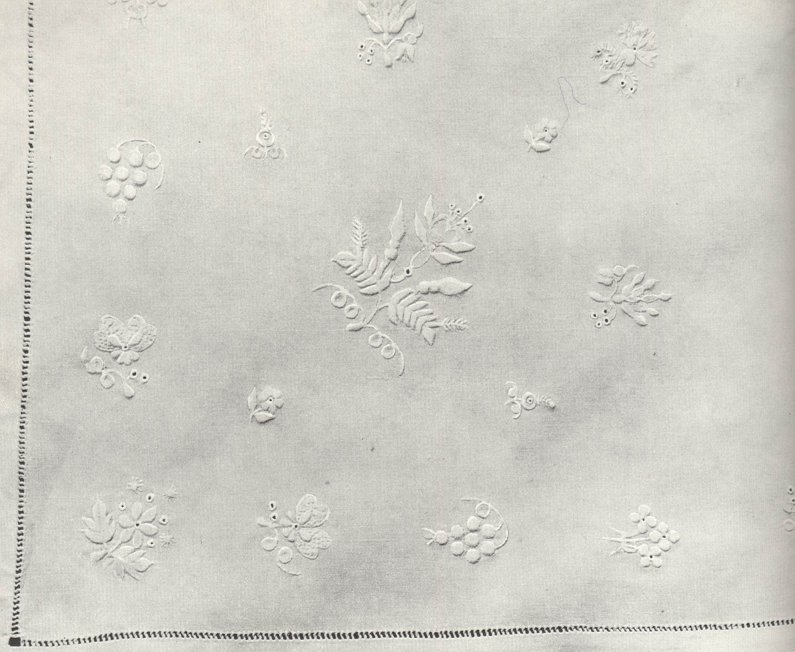 wyrafinowany haft łużycki obecny w strojach, bieliźnie i okryciach
wyrafinowany haft łużycki obecny w strojach, bieliźnie i okryciach
[sophisticated Lusatian embroidery which is present on apparel, underwear and coats.]
[Lusatian maiden]
Niezamężne Łużyczanki
[Unmarried Lusatian women]
[Unmarried Lusatian women]
[other outfit]
[ Housewife – a festive apparel]
[A married woman and single women]
[A married women wearing a scarf]
[outfit from another area]
[Lusatian Sorb (Serb) women from Raduszewo]
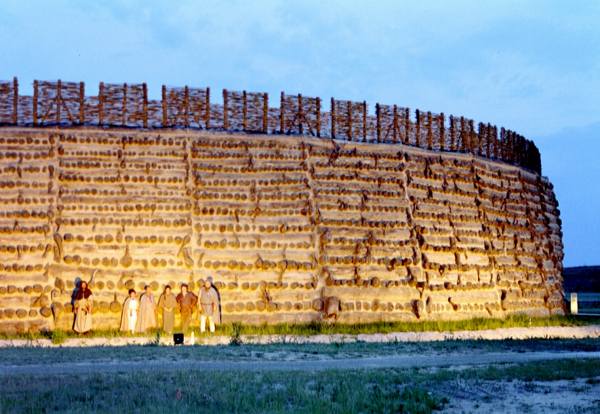 Raduszewo – zamyk-okół łużycki (obwar)
Raduszewo – zamyk-okół łużycki (obwar)
[Raduszewo – Lusatian round stockade]
[ Raduszewo – reconstruction]
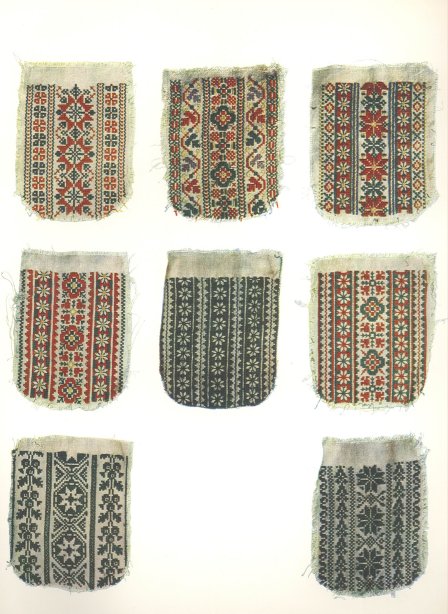 wzory różnych haftów regionalnych z Łużyc
wzory różnych haftów regionalnych z Łużyc
[patterns of various regional embroideries from Lusatia]
 Tagged with: galeria, Lusatia and Memory of Polabi, Ocalmy Łużyce i Pamięć Połabia, Serbowie Łużyccy, Slavic faith before Christianity, Slavic history, Slavic languages, Slavic origin, Slavic people, Slavic peoples, Slavic tribus, Slavic wisdom, Slavs, Slavs archaeology, Slavs’ ancestors, Veneti, Łużyczanie
Tagged with: galeria, Lusatia and Memory of Polabi, Ocalmy Łużyce i Pamięć Połabia, Serbowie Łużyccy, Slavic faith before Christianity, Slavic history, Slavic languages, Slavic origin, Slavic people, Slavic peoples, Slavic tribus, Slavic wisdom, Slavs, Slavs archaeology, Slavs’ ancestors, Veneti, Łużyczanie

